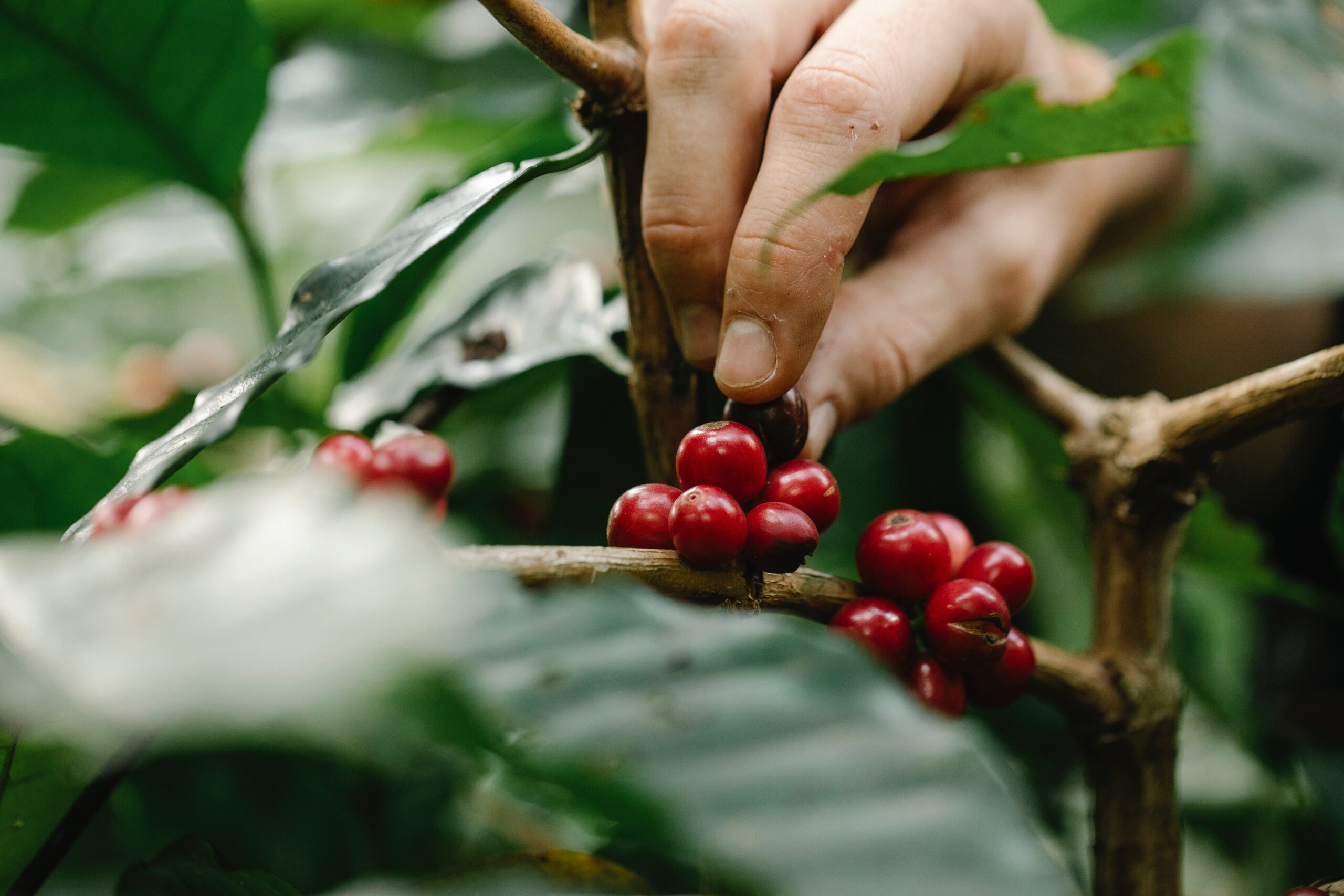Project Description
Although tourism is said to provide different benefits to the host community, various studies have argued that its sustainability can be questioned when considering impacts such as equality of income distribution and the valuation and use of cultural heritage in tourism. This study explored how heritage tourism influences the livelihood sustainability at the tourist destination, using the case of the Eje Cafetero which is designated as Colombia’s cultural heritage. To identify how tourism has impacted the sustainable development of the local livelihood, secondary data on local tourism activities and its regulation was analysed, and semi-structured interviews were conducted with coffee farmers and tour operators who organise tourism activities in the coffee region. The results showed that tourism has led to a diversification of the farmers’ livelihood which made them more resilient in the face of external shocks and stresses. Furthermore, the organisation of the coffee tour enhances all five capitals used to assess a sustainable livelihood. Finally, these tourism services have provided sustainable livelihood opportunities for the next generation and have contributed benefits to other livelihoods. Based on these outcomes, it is concluded that heritage tourism has led to a more sustainable livelihood for the coffee farmers in the Eje Cafetero. Not only does the outcome contribute to the limited studies that have been conducted on the sustainable livelihood in a tourism context, but the results can also be used by local and regional authorities in Colombia to further boast tourism development strategies and programmes that pursue a sustainable development of the local livelihood.
Author: D. Vonk






